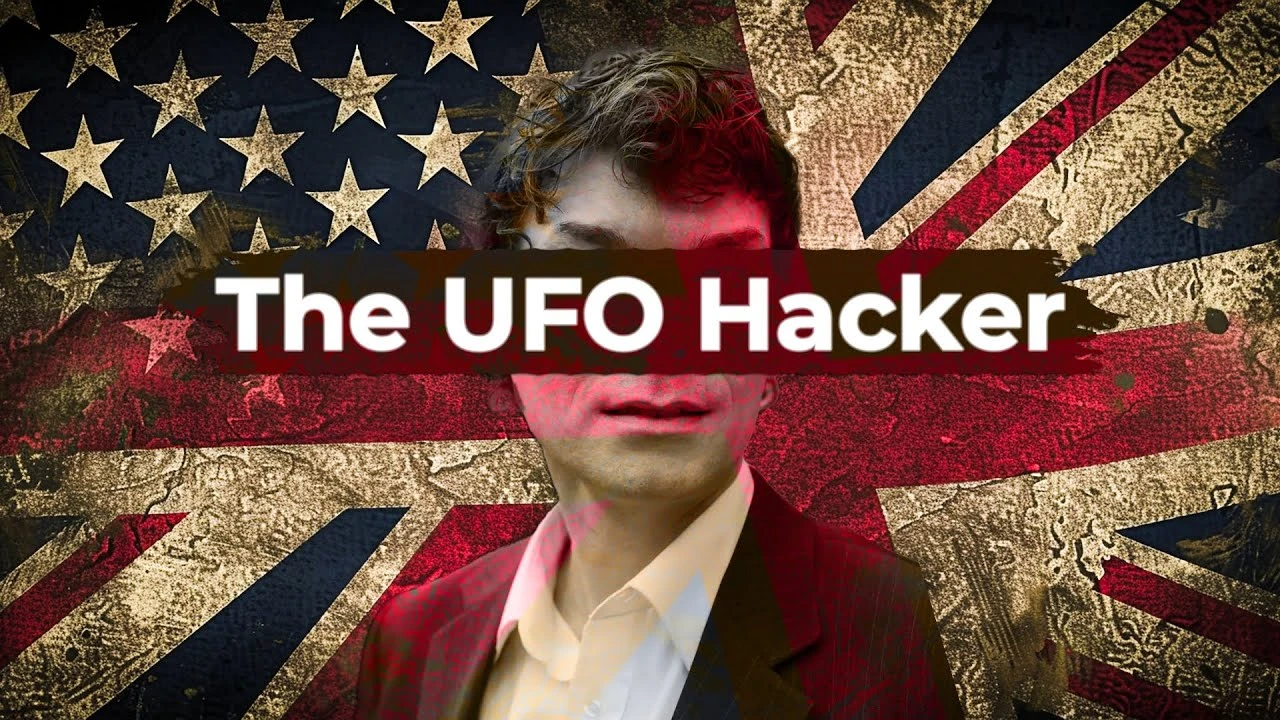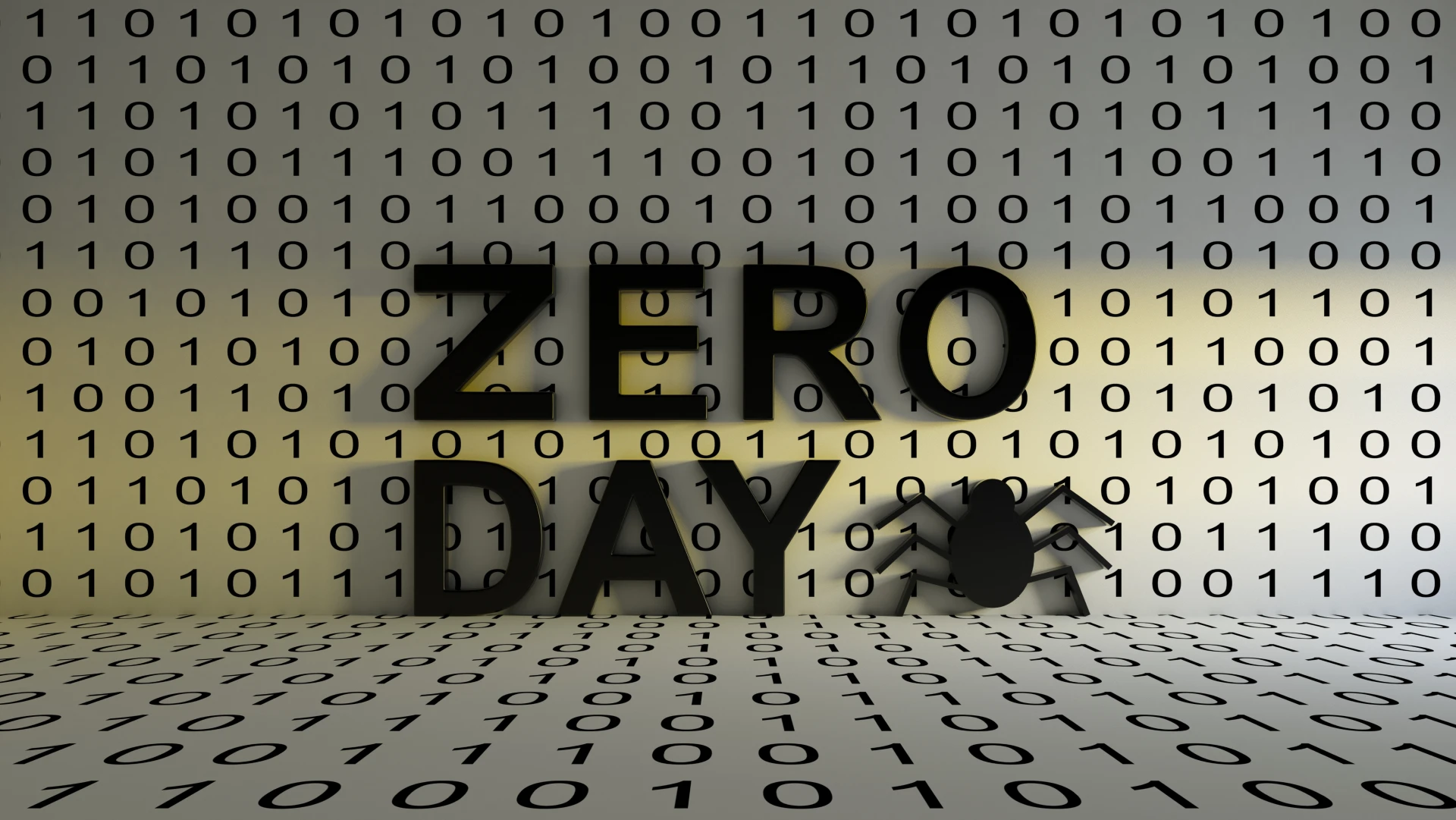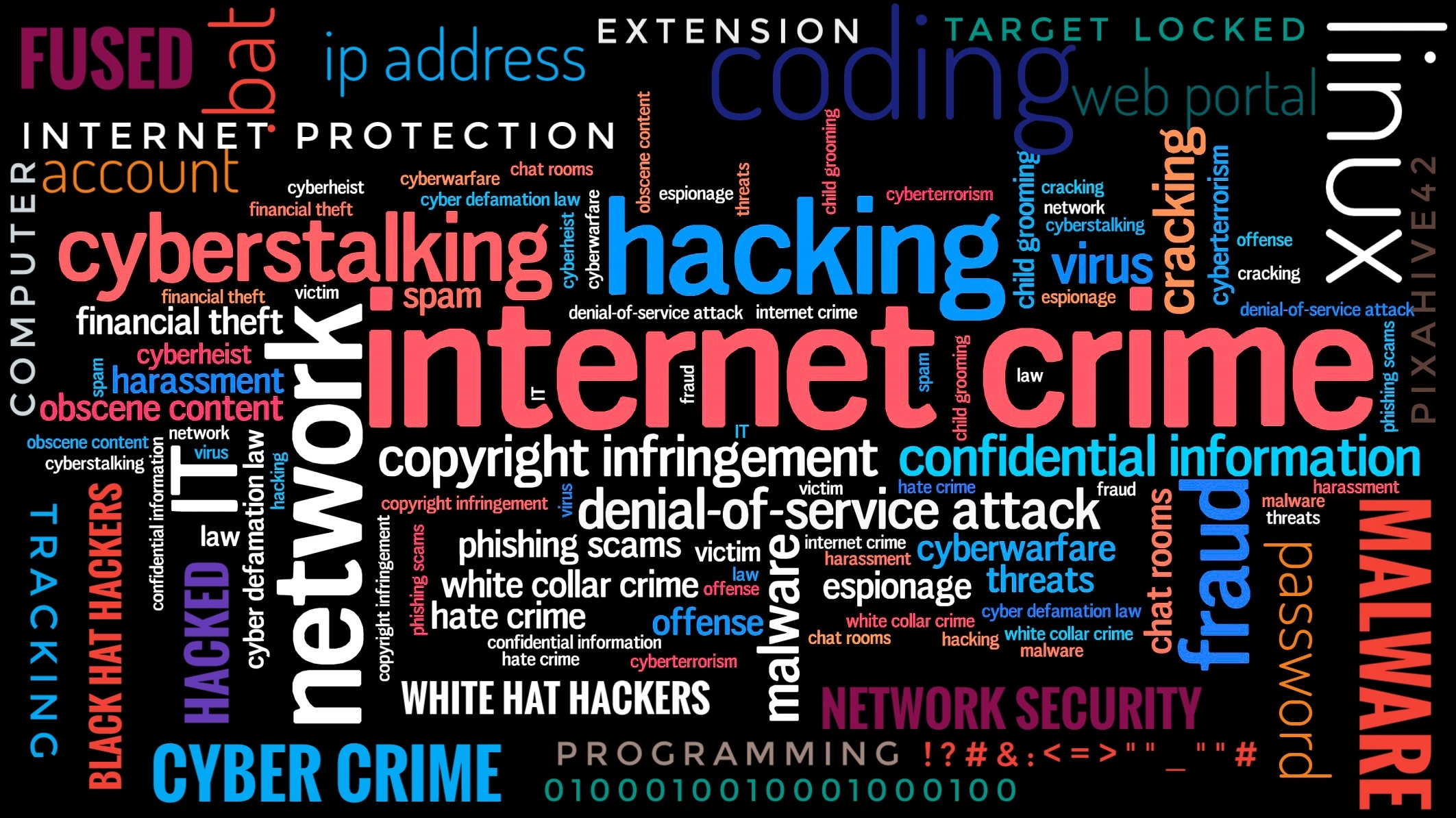The Gary McKinnon Case: A Comprehensive Examination of the British Hacker’s Legal Battle

Overview
Gary McKinnon, a British hacker whose activities sparked an international legal saga, stands as a notable figure in the realms of cybersecurity and legal controversies. His case, characterized by a blend of cyber intrusion, personal struggles, and legal battles, illuminates the complexities of modern digital security and the intricacies of international law. This research delves into the various facets of McKinnon’s story, examining his hacking activities, legal struggles, and the broader implications of his case on extradition policies and cybersecurity practices.
1. Background and Hacking Activities
Gary McKinnon, born in Glasgow, Scotland, in 1966, exhibited an early fascination with technology and space. His interest in computers and UFOs became the driving forces behind his hacking activities. Between February 2001 and March 2002, McKinnon managed to infiltrate nearly 100 U.S. government computers, including those of the Army, Navy, Air Force, NASA, and the Department of Defense. His motives were primarily to uncover evidence of UFOs and extraterrestrial technology, which he believed were being covered up by the U.S. government.
McKinnon’s hacking activities were characterized by a lack of sophisticated tools or techniques. Instead, he exploited weak security measures, often finding systems with no passwords or easily guessable passwords. This level of access allowed him to leave behind messages that ranged from political critiques to claims of having discovered evidence of UFOs. Notably, he left a message stating, "Your security system is crap," highlighting the inadequacy of the security measures he encountered.
2. Legal Ramifications and Extradition
The U.S. government, alarmed by McKinnon’s breaches and the potential damage to national security, sought his extradition. McKinnon’s activities were deemed a significant threat, and he was accused of causing substantial disruption, including disabling a network of 2,000 computers in the U.S. Army's Washington, D.C. operations for 24 hours.
Initially, British authorities arrested McKinnon in March 2002. He was informed that he might face a relatively minor penalty, such as community service, due to the non-malicious nature of his hacking. However, as the U.S. escalated its demand for extradition, McKinnon’s situation became increasingly dire. The extradition request was bolstered by a 2003 treaty between the UK and the U.S., which facilitated the transfer of suspects for prosecution in the U.S. This treaty was controversial and applied retroactively in McKinnon’s case, intensifying the legal and political complexities.
3. Health and Human Rights Considerations
McKinnon’s defense argued that his actions were driven by a quest for truth related to UFOs and that his Asperger’s syndrome, diagnosed in 2008, played a significant role in his behavior. Asperger’s syndrome, a form of autism, affects social interaction and can lead to obsessive behaviors and a literal interpretation of language. The diagnosis provided a context for understanding McKinnon’s actions and motivations.
As the legal battle unfolded, concerns about McKinnon’s mental health became a central issue. His condition, combined with the stress of the extradition process, led to fears that he would face severe consequences if extradited. His mother, Janis McKinnon, played a crucial role in advocating for her son, highlighting his vulnerability and the potential impact of extradition on his well-being.
4. Public and Political Reaction
McKinnon’s case garnered significant public and political attention. His story was widely covered in the media, and he received support from various public figures and celebrities, including David Gilmour of Pink Floyd and Sting. This support was instrumental in drawing attention to the case and influencing public opinion.
British politicians, including Boris Johnson and David Cameron, voiced concerns about the fairness of McKinnon’s potential extradition. The case prompted debates about the balance between national security and individual rights, as well as the adequacy of the extradition treaty.
5. Resolution and Aftermath
In October 2012, after years of legal battles and public pressure, UK Home Secretary Theresa May announced that McKinnon would not be extradited. The decision was based on medical assessments indicating that extradition would pose a significant risk to McKinnon’s health. The case led to changes in UK extradition laws, allowing British judges more discretion in blocking extradition requests based on health and human rights considerations.
Following the resolution of his case, McKinnon avoided facing trial in the U.S. but remained restricted by legal advice to avoid travel outside England and Wales. He has since transitioned to a quieter life, running a search engine optimization company and returning to music.
6. Broader Implications
McKinnon’s case has had lasting implications for cybersecurity and international law. It highlights the vulnerabilities in digital security systems and underscores the importance of robust cybersecurity measures. Additionally, the case has influenced extradition policies, particularly concerning individuals with mental health issues and the impact of international treaties.
Conclusion
The story of Gary McKinnon is a compelling case study that intertwines technology, law, and personal challenges. His hacking activities, legal struggles, and eventual resolution reflect broader issues related to cybersecurity, human rights, and international legal frameworks. As digital security continues to evolve, McKinnon’s case serves as a reminder of the complexities and consequences associated with cyber activities and the importance of balancing security concerns with individual rights and health considerations.


